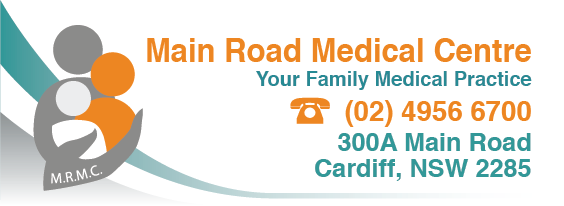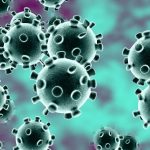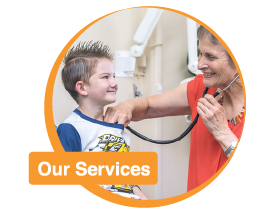Children are prone to a variety of infectious diseases, particularly around the time they start school. Invariably, they bring these diseases home and have a negative impact on overall family health. It’s not uncommon for one or more members of the family to end up getting infected. In fact, it’s often said that children are tiny disease incubators who are very generous with it!
The flip side is that family members can bring home bugs and infect the children. While adults can easily handle these diseases, children tend to suffer more acutely.
Immunisation and family health
This is why it is vitally important to keep your child’s immunisations up to date. Not only are you helping them to ward off disease, but you’re also helping protect other family members from infection.
Of course, we can organise all your child’s immunisations as well as check their weight and height, and general development. When they are sick, we offer a full assessment of their condition and the appropriate advice about how to manage the various illnesses of childhood.
When a child is sick with an infectious disease, some parents think they need to get the whole family immunised. The truth is, at this point, it’s not actually required. There is some simple advice your doctor can give to minimise potential infections in the rest of the family. The exception to the rule is chickenpox. The chickenpox vaccine is very effective and it may well be worth vaccinating the rest of the family for that.
Expiration date
It’s also important for families to be aware that most vaccines expire after a period of time. It’s certainly worth checking your immunity as an adult to see whether or not you need to have any more vaccinations. Most teenagers get vaccinated for hepatitis B at high school and, happily, that one doesn’t expire. Once you’re immune to hepatitis B, you’re immune for life.
HPV
While at high school, young women are being vaccinated against the human papillomavirus (HPV). Now, young men are also getting vaccinated against HPV. It’s very important that they receive these vaccines before they start being sexually active. By the time they get to 24 years of age, most people have been exposed to HPV and then it’s too late.
While HPV usually causes no symptoms, it can lead to sexually transmitted cancers. The HPV vaccine is the best way to significantly reduce that risk.
Protection
We are more than happy to provide vaccinations to children who have missed them at school. There is a number of reasons why children don’t want to get vaccinated at school. The child may be scared, afraid of crying in front of friends or maybe a little needle-phobic. It’s also not uncommon for kids to punch each other on the arm after the vaccination, and who wants that?
Vaccinations are an effective way of protecting a child against disease and maintaining overall family health. Any general practice is able to provide vaccinations for those children who miss them at school.














Sorry, comments are closed for this post.